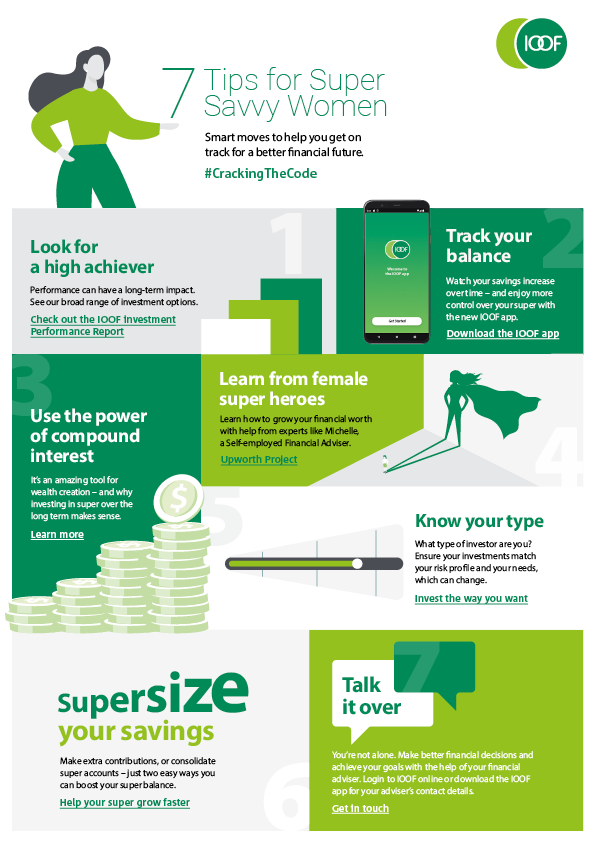
How to Boost Your Finance Savvy
May 6, 2024Unlock the secrets to financial success and boost your finance savvy with these 10 expert strategies for long-term wealth building.

Image courtesy of maitree rimthong via Pexels
Table of Contents
Introduction to Finance Savvy
Understanding how to manage money is a valuable skill that everyone should learn, including kids. This knowledge is often referred to as financial literacy, and it plays a crucial role in our daily lives. In simple terms, being finance savvy means having the know-how to make smart decisions about money.
What Does Finance Savvy Mean?
Being finance savvy involves knowing how to earn, save, and spend money wisely. It’s about understanding the value of money and learning how to make it work for you. When you are finance savvy, you can set goals for what you want to achieve financially and create a plan to reach those goals.
Why Should Kids Learn About Money?
Learning about money from a young age is essential for several reasons. First, it helps kids develop good money habits early on, setting them up for financial success in the future. Second, understanding money matters allows kids to make informed decisions about how they use their money, whether it’s saving for something special or making a smart purchase. Finally, financial education empowers kids to take control of their finances and build a secure financial future.
The Basics of Personal Finance
When we talk about personal finance, we’re talking about how we manage our money. One important part of managing money is earning it. This can be through doing chores, helping out neighbors, or even starting a little business like selling lemonade. Once you’ve earned some money, it’s smart to save a part of it. Saving means putting some money aside for later instead of spending it all right away.
Smart Spending
Spending money wisely is another key aspect of personal finance. It’s important to think about whether something is really necessary before buying it. Sometimes, waiting a little bit can help you decide if you truly need something or if it’s just something you want in the moment. Making smart choices when spending money can help you have more for the things that really matter to you.
Making a Simple Finance Plan
Setting money goals means deciding what you want to save up for. It could be a new toy, a bike, or even a trip with your family. By setting goals, you can save money little by little to reach your target. It’s like having a map to follow to get to a treasure!

Image courtesy of via Google Images
Tracking Your Money
Tracking your money is like keeping a diary of what you earn and spend. You can use a notebook or a special app on your phone to write down how much money you get from chores or gifts and how much you spend on snacks or toys. By tracking your money, you can see where your money goes and find ways to save more.
Learning to Budget
Understanding how to manage your money is an important skill that can help you reach your financial goals. One key aspect of finance management is learning to budget.
What is a Budget?
A budget is like a roadmap for your money. It’s a plan that helps you decide how to spend your money wisely. By creating a budget, you can see where your money is going and make sure you have enough for the things you need and want.
Creating Your First Budget
Making a budget is easier than you might think. Start by listing all the money you receive, like allowance or money from chores. Then, write down all the things you spend money on, like toys, snacks, or clothes. Compare how much you earn to how much you spend. If you’re spending more than you earn, look for ways to cut back on expenses.
Remember, a budget is not set in stone. You can adjust it as needed to fit your changing needs and goals. The key is to stick to your budget as best as you can to help you manage your money wisely.
The Importance of Saving
Saving money is like putting away a little bit of your earnings for a rainy day. You never know when you might need some extra cash, like when your bike needs fixing or when you want to buy a special toy. By saving money regularly, you can be prepared for unexpected expenses and make sure you have money for things you really want.

Image courtesy of via Google Images
Fun Saving Tips
Saving money doesn’t have to be boring! Here are some fun ways you can save:
- Start a piggy bank and put spare change in it every day.
- Set a goal for something you want to buy and save a little bit each week until you can afford it.
- Create a savings chart to track your progress and see how close you are to reaching your goal.
- Ask your family and friends to join in on a savings challenge to see who can save the most money in a month.
Smart Money Habits
Being a smart shopper means making wise decisions when spending your money. One tip is to always compare prices before buying something. Look around to see if you can find the same item for a better price. You can also wait for sales or use coupons to save money. Another smart shopping habit is to make a list before going to the store. This way, you can avoid buying things you don’t need.
Avoiding Impulse Buying
Impulse buying is when you purchase something without really thinking about it. It’s like buying a toy just because it looks cool, even if you don’t really need it. To avoid impulse buying, try to pause and think before making a purchase. Ask yourself if you really need the item or if it’s just something you want in the moment. By taking a moment to think, you can make better decisions with your money.
Conclusion: Becoming Finance Savvy
Now that you’ve learned about financial literacy, personal finance, finance tips, finance planning, and finance education, you’re well on your way to becoming finance savvy! Remember, being finance savvy means understanding how to manage your money wisely and make smart financial decisions.
By starting to learn about money at a young age, you’re setting yourself up for success in the future. Knowing how to earn and save money, make smart spending choices, set money goals, track your finances, create a budget, and save for the things that matter to you are all crucial skills that will help you throughout your life.
Don’t forget the importance of developing smart money habits. Being a smart shopper, avoiding impulse buying, and practicing good saving tips are all ways to ensure you’re in control of your finances and working towards your financial goals.
As you continue to learn and practice these skills, you’ll find that managing your money becomes easier and more rewarding. So keep up the good work, stay curious about finance, and remember to always strive to improve your finance savvy!









